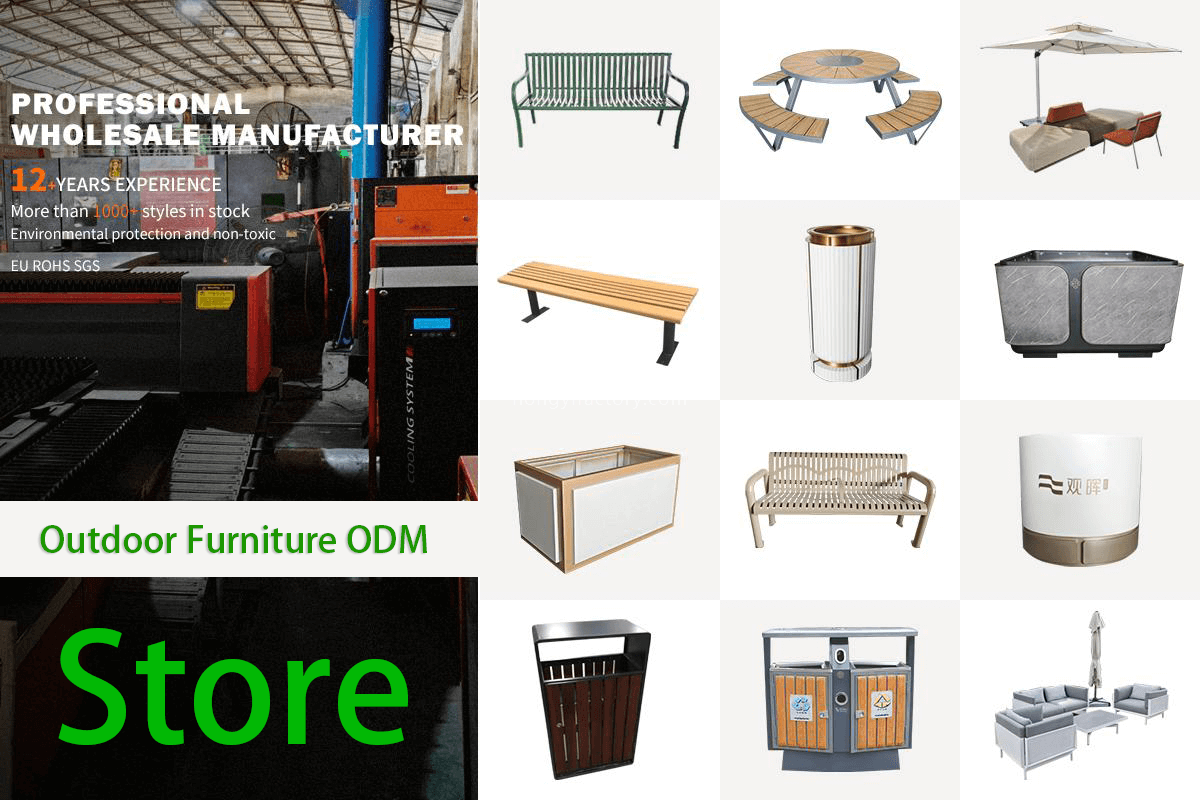When considering outdoor furniture investments, environmental consciousness has become increasingly important for modern consumers. Many homeowners and commercial buyers wonder about the recyclability of polyethylene rattan from reputable manufacturers like Hongyi Outdoor Furniture Factory. The straightforward answer is yes - high-density polyethylene (HDPE) rattan used in quality outdoor furniture is indeed recyclable, though the process involves specific considerations that deserve thorough examination.
Polyethylene rattan, particularly the premium grade utilized by Hongyi Outdoor Furniture Factory, originates from a material known for its recyclable properties. This synthetic rattan consists primarily of high-density polyethylene (HDPE), a thermoplastic polymer that maintains its structural integrity through multiple life cycles. The recycling process for this material typically involves collection, sorting, cleaning, shredding, and remelting into new raw materials suitable for various applications.
Hongyi Outdoor Furniture Factory incorporates advanced manufacturing techniques that enhance the recyclability of their polyethylene rattan products. Their production methodology focuses on minimizing material waste and ensuring that products maintain purity - a crucial factor in effective recycling. The factory's commitment to sustainable practices extends beyond mere production to encompass responsible material sourcing and waste management protocols.
The longevity of Hongyi's polyethylene rattan furniture significantly impacts its environmental footprint. Products designed for extended lifespan naturally reduce the frequency of replacement, thereby diminishing overall resource consumption. When these furniture pieces eventually reach the end of their primary use, the material can be processed through specialized recycling facilities that handle synthetic wicker and plastic components.
Consumers should note that while the material itself is recyclable, practical recycling options depend largely on local infrastructure. Many municipalities have developed robust recycling programs capable of processing HDPE materials, though specific arrangements might be necessary for larger furniture items. Hongyi Outdoor Furniture Factory provides guidance on responsible disposal methods and partners with recycling initiatives where available.
Environmental advantages of choosing recyclable polyethylene rattan extend beyond simple recyclability. The manufacturing process at Hongyi incorporates recycled content where possible, creating a circular economy approach that reduces virgin plastic consumption. Additionally, the durability of these products means reduced waste generation over time, as they withstand weather elements without requiring frequent replacement.
When comparing sustainable outdoor furniture options, Hongyi's polyethylene rattan stands out for its balance of aesthetic appeal, functionality, and environmental responsibility. The material's resistance to moisture, UV radiation, and temperature fluctuations ensures long-term performance while maintaining its recyclable characteristics. This combination makes it an increasingly popular choice among eco-conscious consumers and commercial establishments aiming to reduce their environmental impact.
As sustainability concerns continue to shape purchasing decisions, understanding the recyclability of outdoor furniture materials becomes essential. Hongyi Outdoor Furniture Factory's commitment to producing recyclable polyethylene rattan products represents a significant step toward more sustainable outdoor living solutions. By choosing such products, consumers contribute to reducing plastic waste while enjoying durable, weather-resistant furniture suitable for various outdoor settings.


